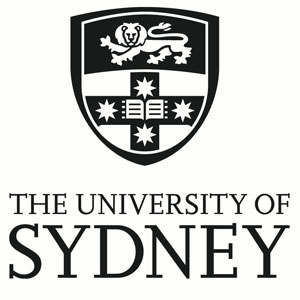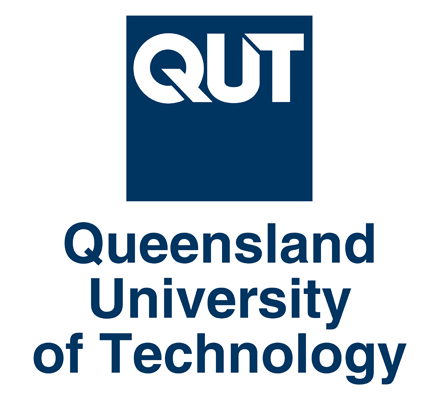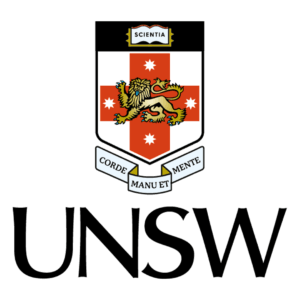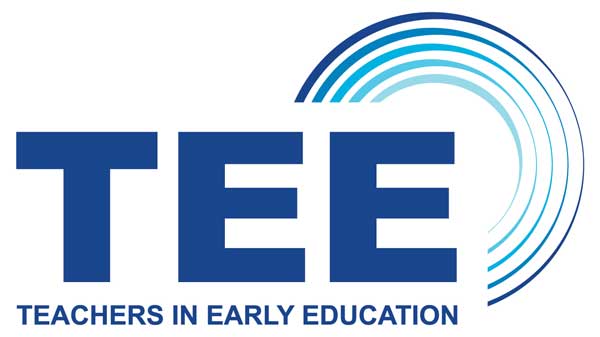Research Project
Teachers in Early Education



Introduction
What is the TEE project?
Having well-prepared, professional ECTs working with children in these settings is critical. Approximately 90% of brain development happens in the first five years of life, and how well a brain develops in these early years is dependent on both genetics and experiences that are stimulating and nurturing. With increasing numbers of young children enrolled in early learning settings, and for long periods of time, it is important that they have experiences that enable them to thrive.
Research shows that degree-qualified ECTs can make a significant difference to the quality of early education settings, and to children’s learning, development, and wellbeing. Giving young children a strong start in life through quality early education provides them with the foundation they need to develop strong identities and flourish in the present and in their future years.
The TEE project is committed to supporting children’s right to quality early education through its focus on attracting, preparing, retaining, and sustaining ECTs who make a positive difference in the lives of young children. The project will generate new understandings about this specialist teacher workforce by tracking early childhood teachers’ career trajectories and developing a world-first tool to assess early childhood teacher quality. Findings will inform policy – including the Australian Government-endorsed 10-year national Workforce Strategy – to support the future sustained supply of a quality early childhood teacher workforce.
Problem
What are we trying to find out?
The project is guided by the overarching research question,
How can the supply of a quality ECT workforce in Australia be developed and maintained?
Accordingly, the TEE project aims to:

Ascertain the career intentions and lived trajectories of ECTs from degree commencement to early career;

Produce new knowledge about the personal and contextual factors that individually and interactionally support or constrain the recruitment, preparation, retention, and wellbeing of quality ECTs;

Co-design an innovative tool — the TEE tool — to assess ECT quality in context, thereby advancing current understandings about ECT quality and providing a world-first measure of teaching quality in early education; and

Generate new insights into ECT supply and quality to progress national workforce, early years, initial teacher education, and teacher registration policy initiatives.
Design
What are the components of the project?
The TEE project comprises four components:
Component 1: Scoping of early childhood initial teacher education (ITE) programs
(Led by CIs Garvis, Boyd & Gibson)
EC Initial Teacher Education (ITE) programs in Australia are incredibly complex and diverse, with programs within and across jurisdictions varying considerably. To map the range of variable program features – including design, structure, entry, delivery, content, and professional experience – we are undertaking a web-based content analysis of all EC ITE programs in Australia. Course co-ordinators of each program will then be interviewed to gather confirmatory and further in-depth data about: contextual influences on their institution’s program design and delivery; enrolment numbers and student demographics; and what knowledge and skills these specialist EC academics consider fundamental to a quality ECT. Follow-up annual student retention and attrition data, plus information regarding any program changes, will be collected each subsequent year of the project from every higher education institution that offers EC ITE programs through a short survey.
Component 2: Longitudinal surveys
(Led by CIs Fenech, Durksen & Wong)
A survey is being administered annually over five years to systematically capture career movement within but also out of the profession. Wave 1 of the survey was administered in 2023 (with ethics approval), with four subsequent waves being administered in Years 1-4 of the project. Two cohorts of preservice ECTs are being surveyed. Cohort A comprises students across Australia enrolled in their first year of study in an EC ITE degree. This cohort is being surveyed to track career progress predominantly throughout their degree (up to four years), and to a lesser extent, their career development post-graduation (at least one year). Cohort B comprises final year ECT students, enabling tracking of their career development from their final year of study and up to four years post-graduation.
Component 3: Development of the TEE tool to assess ECT quality in context
(Led by CIs Wong, Durksen & Fenech)
This component draw son multiple perspectives to interrogate what ‘quality’ early childhood teaching is. In consultation with the project’s international advisory group, we are working with Australian expert EC policymakers, academics, providers, and ECTs to iteratively design, develop, and test a rigorous, innovative, accessible, and validated tool, the TEE tool. This tool will operationalise and assess the quality of ECTs who work in birth to five early education settings, taking into account the context in which they are working. The TEE tool will be the first measure of early childhood teaching quality that also provides insights into the factors associated with teaching and teacher quality.
Component 4: Longitudinal case studies of ECT graduates’ career trajectories and development of quality teaching practice
(Led by CIs Gibson & Boyd)
The aims of this component are twofold. First, and in response to the complex array of ecological factors that can influence ECT supply and quality, is to provide nuanced data from participants’ real-life contexts to enable deeper insights about the project’s survey findings Second is to facilitate the co-design, development, and implementation of the TEE tool.
Research Team
The Teachers in Early Education team of researchers are from five Australian universities (University of Sydney; Macquarie University; Queensland University of Technology; Griffith University; Southern Cross University; University of New South Wales) and one international university (McMaster University)
Presentations and Publications
Advocacy
2024 Response submission to the Productivity Commission’s Draft Report: A Pathway to Universal ECEC







